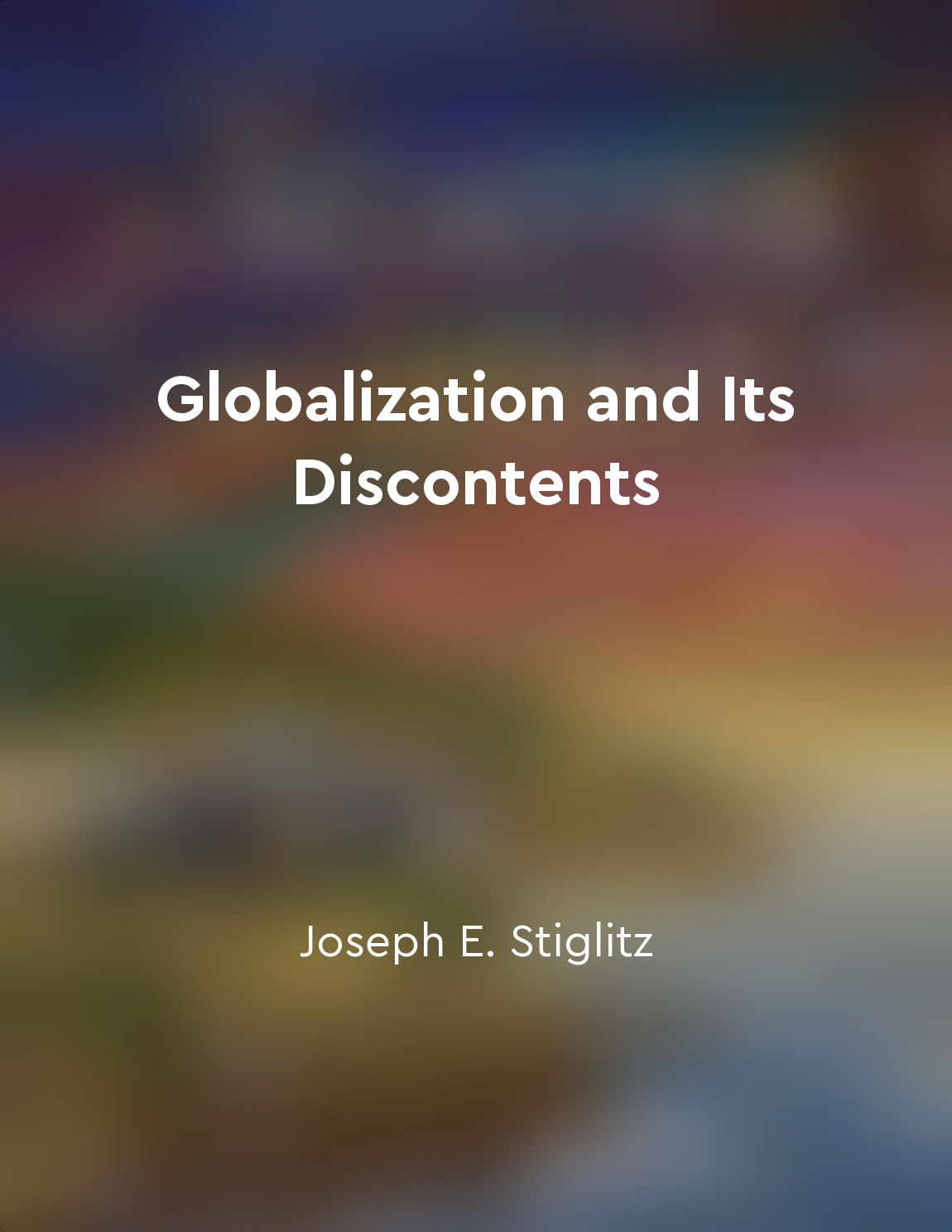Arbitrage opportunities exist in foreign exchange markets from "summary" of International Money and Finance by Michael Melvin
Arbitrage opportunities arise in foreign exchange markets due to the presence of cross-currency exchange rates. These rates represent the prices at which one currency can be exchanged for another. Discrepancies in these exchange rates across different markets create opportunities for arbitrageurs to profit from the price differentials. Arbitrage in foreign exchange markets involves taking advantage of these price differences by simultaneously buying and selling currencies to make a risk-free profit. For example, an arbitrageur might notice that the exchange rate for the euro to the US dollar is higher in one market compared to another. By buying euros in the market with the lower exchange rate and selling them in the market with the higher exchange rate, the arbitrageur can make a profit from the price differential. The presence of arbitrage opportunities in foreign exchange markets helps to ensure that exchange rates remain relatively consistent across different markets. If there were no arbitrage opportunities, exchange rates could deviate significantly from their fundamental values, leading to market inefficiencies and potential losses for investors. Arbitrageurs play a crucial role in the foreign exchange market by helping to maintain price stability and efficiency. By quickly exploiting any price discrepancies, arbitrageurs help to align exchange rates and prevent the emergence of profitable trading opportunities for other market participants.- Arbitrage opportunities in foreign exchange markets result from discrepancies in cross-currency exchange rates across different markets. Arbitrageurs capitalize on these price differences to make risk-free profits and help maintain price stability in the market. Their actions ensure that exchange rates remain relatively consistent and prevent market inefficiencies from arising.
Similar Posts
Visit businesses and meet with local entrepreneurs
As I traveled through different countries on my motorcycle, I made it a point to stop by various businesses and chat with local...
Market inefficiencies can lead to disequilibrium
Market inefficiencies can arise when prices do not accurately reflect all available information. Such inefficiencies can lead t...
Challenges in the Indian agricultural sector
The Indian agricultural sector is faced with numerous challenges that hinder its growth and development. One of the key challen...
Asset allocation is a key factor in portfolio performance
Asset allocation refers to the distribution of a portfolio's investments across different asset classes such as stocks, bonds, ...

Cost of capital influences investments
The cost of capital is a critical factor that affects the decisions made by companies when it comes to investing in projects. T...

Economic indicators track performance
Economic indicators are essential tools that economists and policymakers use to gauge the health and performance of an economy....
The role of expectations in shaping economic outcomes is crucial
Expectations play a crucial role in shaping economic outcomes. People's expectations about the future affect their decisions in...

International trade influences business competitiveness
The global marketplace is a dynamic environment where businesses must navigate various factors to maintain their competitivenes...

Global economic policies should be based on principles of fairness and equity
In the context of globalization, it is essential to consider the principles of fairness and equity when formulating global econ...
Banks serve as intermediaries between savers and borrowers
In the financial system, banks play a crucial role as intermediaries between savers and borrowers. Savers deposit their funds i...

